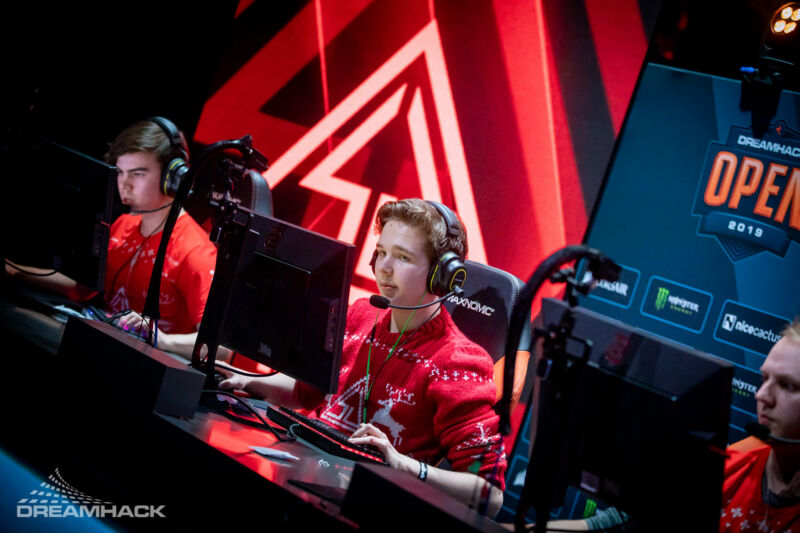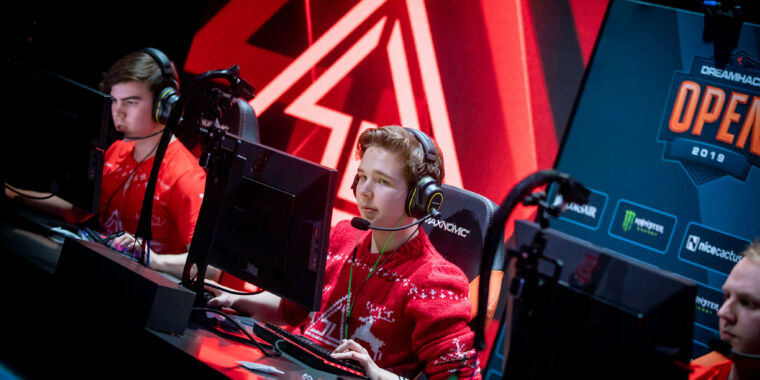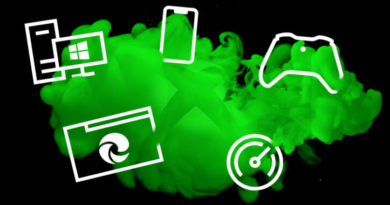Valve Anti-Cheat’s “permanent” bans now have one major exception
[ad_1]

If you know just one thing about the Valve’s Anti-Cheat system (VAC), you probably know that a ban issued through it lasts forever. As Valve’s support page lays out clearly, “VAC bans are permanent, non-negotiable, and cannot be removed by Steam Support.”
Now, apparently, there is one sizable exception to this rule, at least when it comes to esports. A post to the Counter-Strike: GO blog yesterday notes that some VAC-banned players will now be able to participate in events surrounding the game’s next Regional Major Rankings (RMR) season.
The CS:GO team notes in the post that its event guidelines were initially written around the game’s 2012 release, when “all CS:GO VAC bans were relatively recent.” Now, though, the team has decided to update those guidelines to reflect the fact that “VAC bans can now be more than eight years old.” As such, VAC bans older than five years, as well as VAC bans that pre-date a player’s first participation in a Valve-sponsored event, will no longer be taken into account when assessing RMR event eligibility.
That’s a pretty big change for a system whose defining feature is consequences that are supposed to be “permanent” and “non-negotiable.” And those other VAC consequences—including the loss of a player’s purchased game library, achievements, tradable vanity items, etc.—will still remain in place. “The only change is how they influence your eligibility to play in Valve-sponsored events,” the blog post notes.
Cheater bygones?
For years now, Valve’s zero-tolerance approach to VAC enforcement has suggested how seriously it takes evidence of cheating in the hundreds of games that use the system. One verified cheating infraction was enough to ruin your in-game credibility across Steam forever, with no exceptions even considered by Valve’s enforcement team.
When it comes to CS:GO esports, though, Valve apparently now thinks suitably old evidence of cheating should be considered as some sort of youthful indiscretion that shouldn’t be held against current players. It’s a surprisingly stark and specific carve-out for a policy that was previously inviolable.
Some CS:GO watchers suspect the rule change might be targeted to affect players like Elias “Jamppi” Olkkonen, who received a VAC ban back in 2015, when he was 14 years old. Olkkonen has claimed that the banned account in question had been lent to a friend of his at the time of the alleged cheating. He sued Valve in Finland in 2019 over that ban’s impact on his professional esports career, including its role in preventing him from signing a contract with pro team OG.
A Finnish court ruled in favor of Valve in that case last November. And in February, Olkkonen seemingly gave up on CS:GO entirely and signed on with Team Liquid as a pro-level Valorant player (though the “CSGO” name still appears in his Twitter handle). “Thank you everyone who has supported me during my past years in CS, lets start the new road in [Valorant],” he wrote at the time.
Yesterday, though, Olkkonen wrote a Twitter “thank you” for his “Officially… Unbanned” status in CS:GO. Olkkonen’s father Petri added via Twitter that Valve’s legal counsel had confirmed to him that “due to the time that has expired since the infraction happened it will no longer affect [Elias]’ eligibility to be invited to a Valve-sponsored esports event.”
Back in 2016, Ars contributor Rich Stanton wrote in depth about the crowdsourced process used by the CS:GO community to reliably identify cheaters. It’s a process that involves multiple experienced human investigators agreeing on recorded evidence of cheating, Stanton writes. It’s also a process in which investigators “presume the suspect to be innocent” and where “never being wrong is more important than always being right,” Stanton wrote.
“The surety demanded by the Overwatch system creates a small slice of cases where you’re convinced the player’s hacking, but you can’t say for sure—and if there’s any doubt, you have to let it slide,” Stanton continued.
It’s unclear whether this new CS:GO policy suggests Valve might further loosen its system of VAC consequences in the future (a Valve representative has yet to respond to a request for comment from Ars Technica). In any case, this is the first visible crack in a system that had previously served as an impenetrable shield against cheaters.
[ad_2]
Source link




